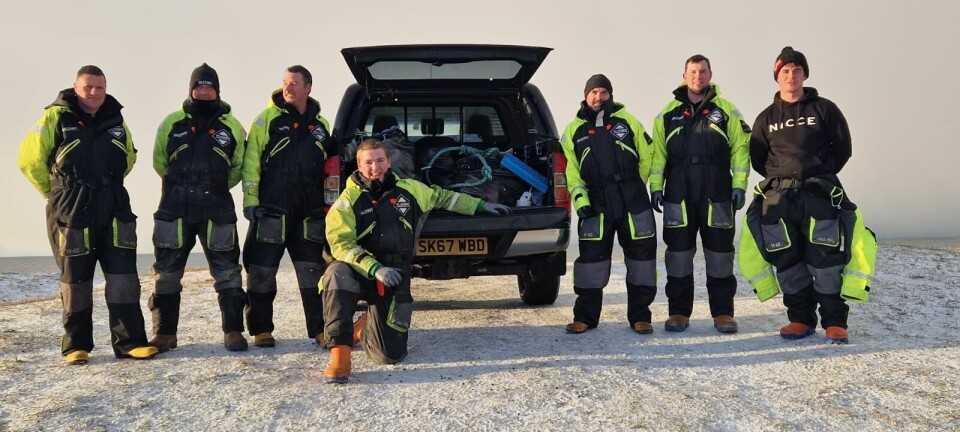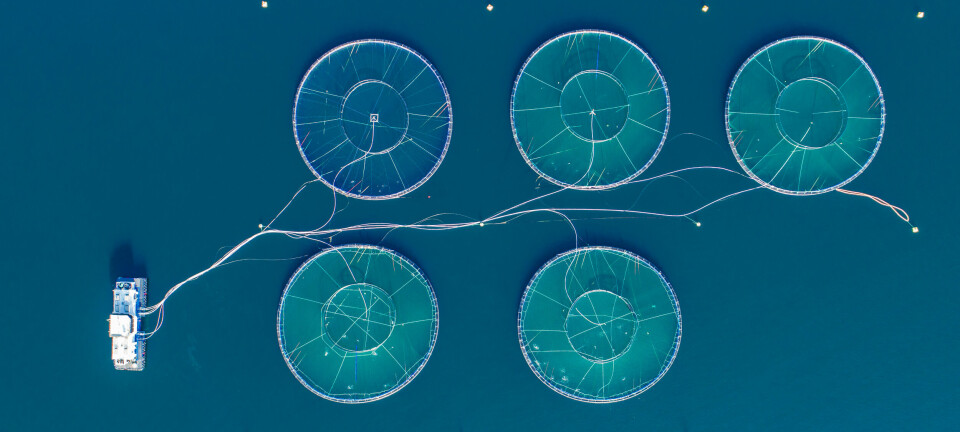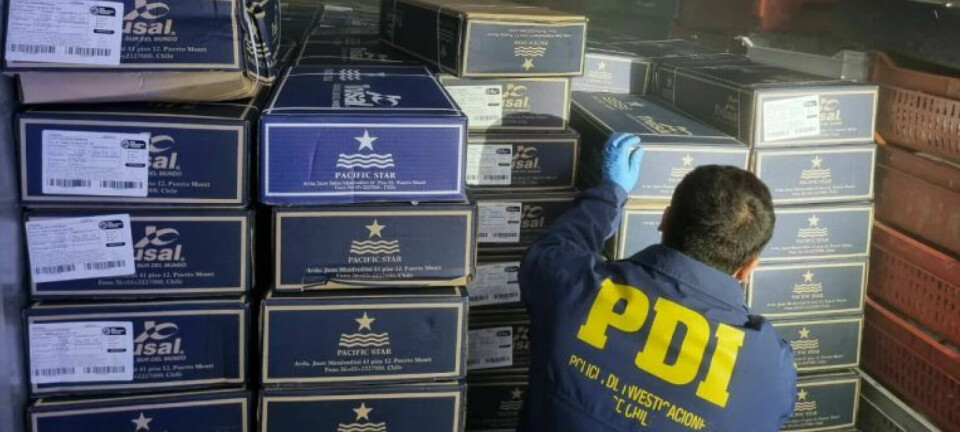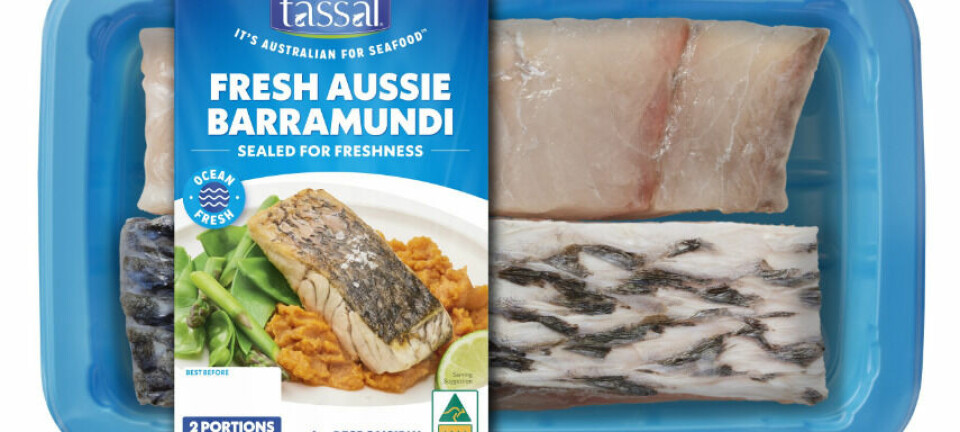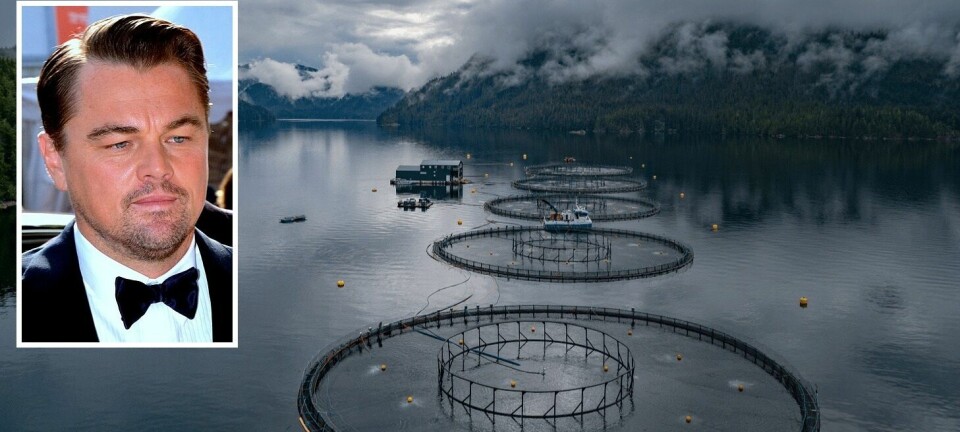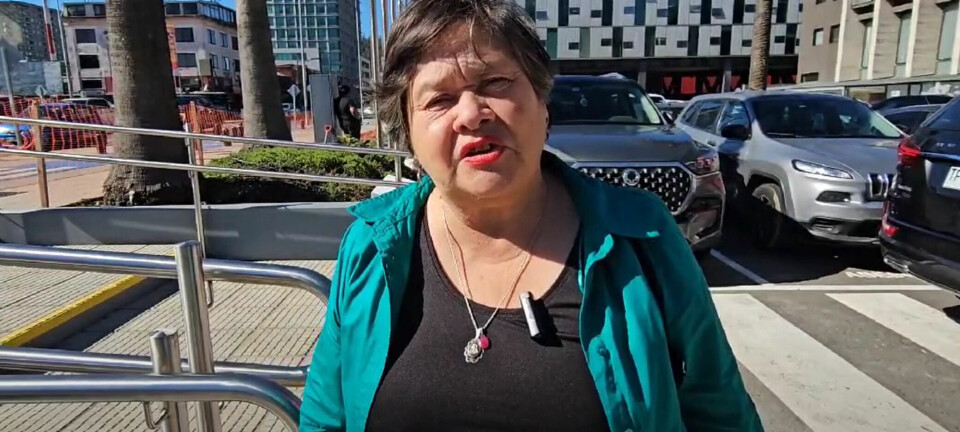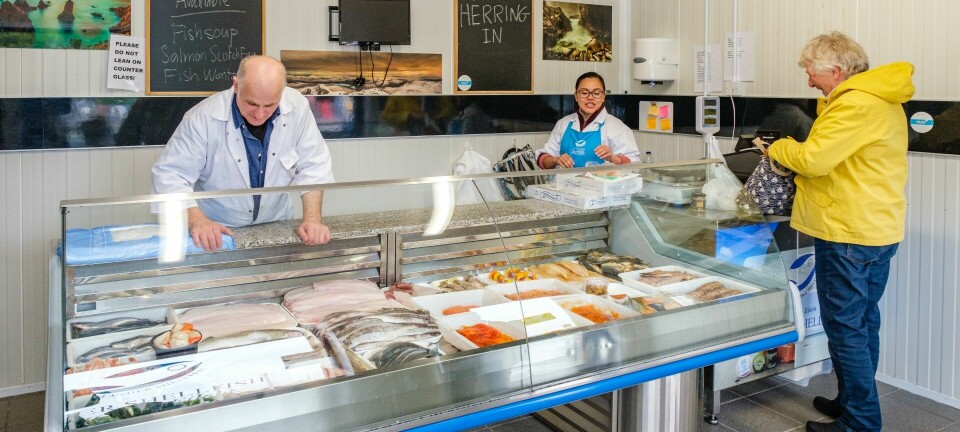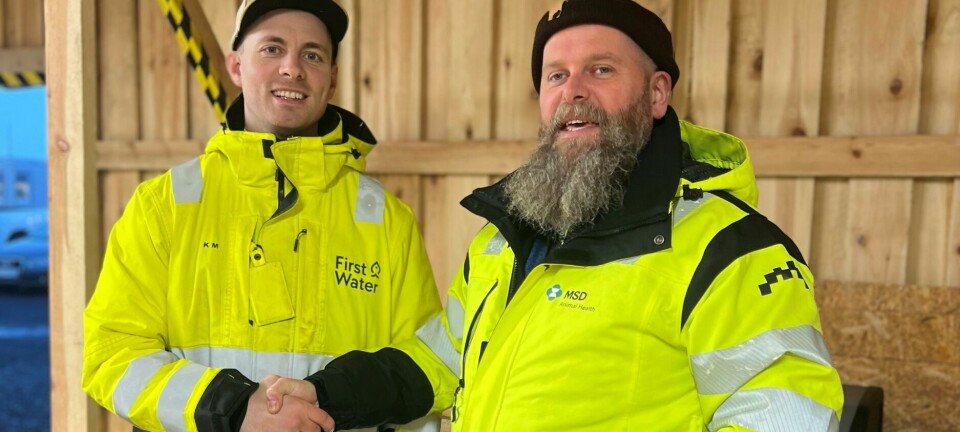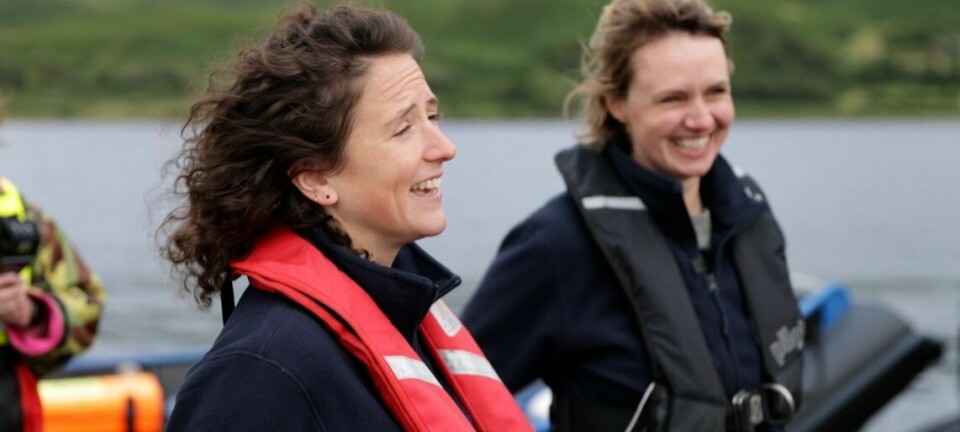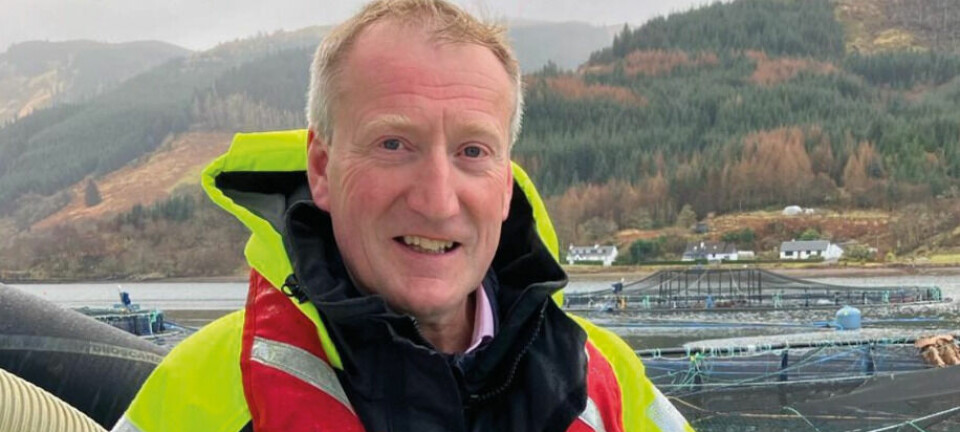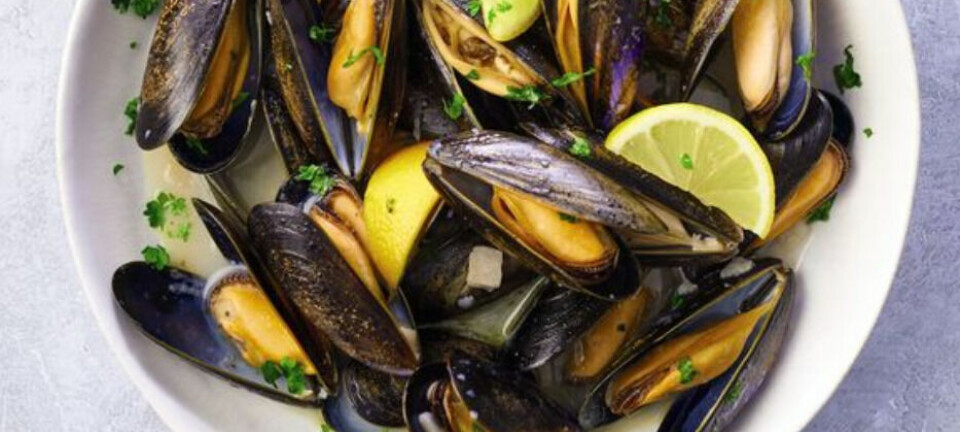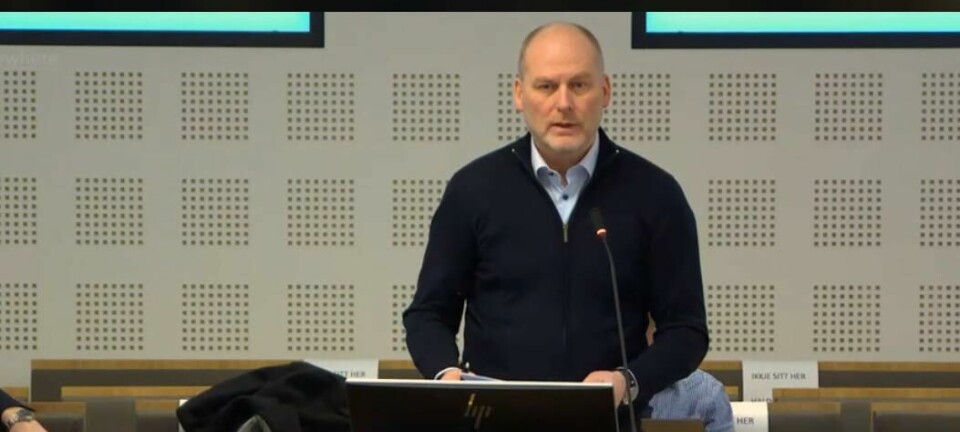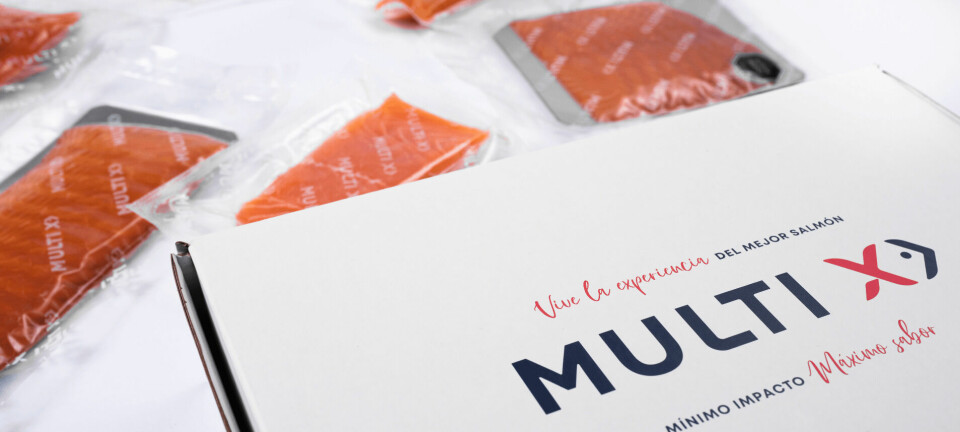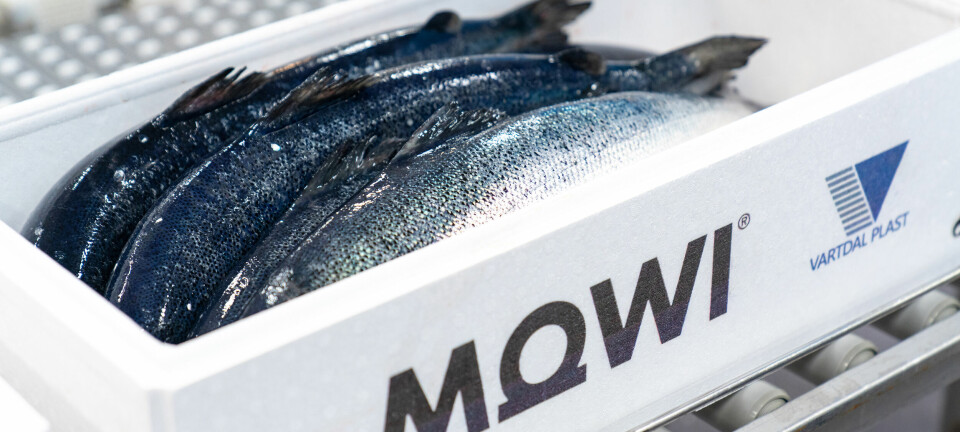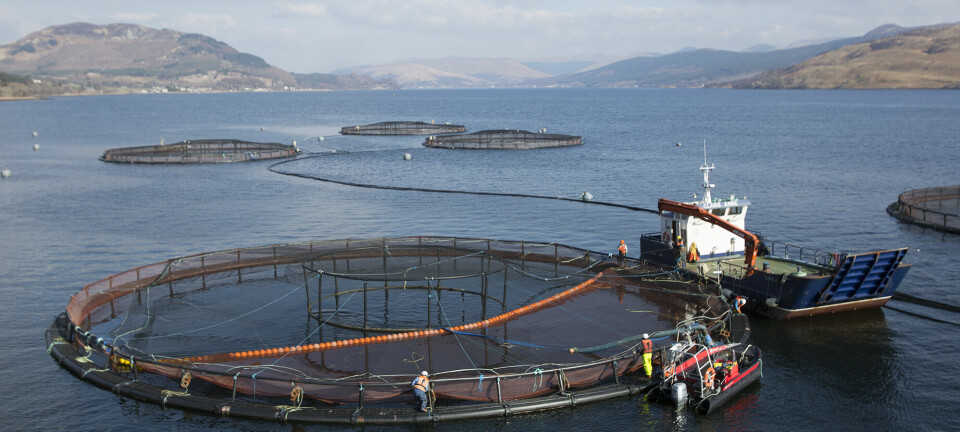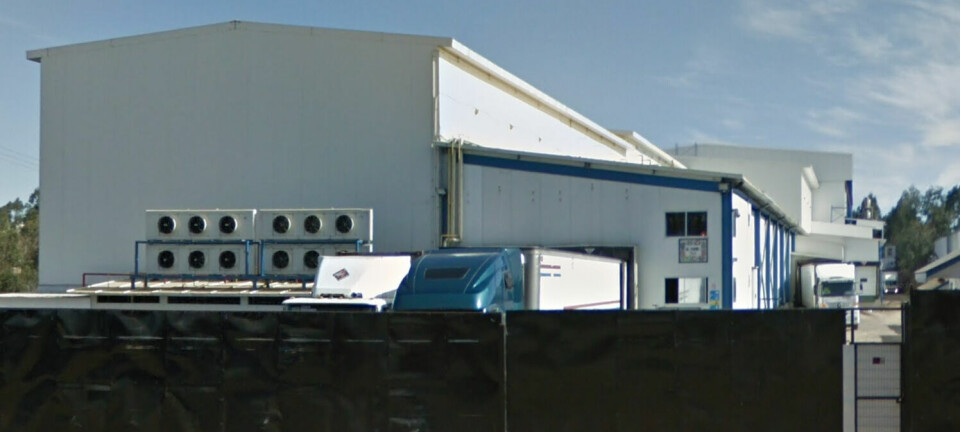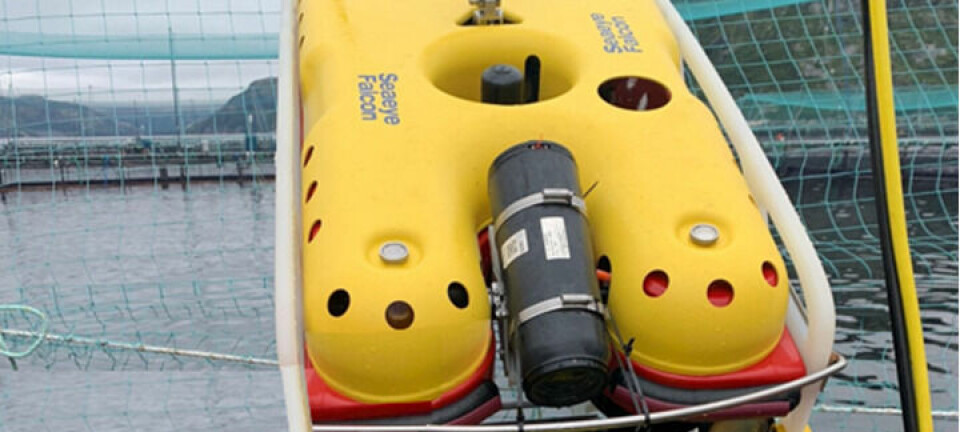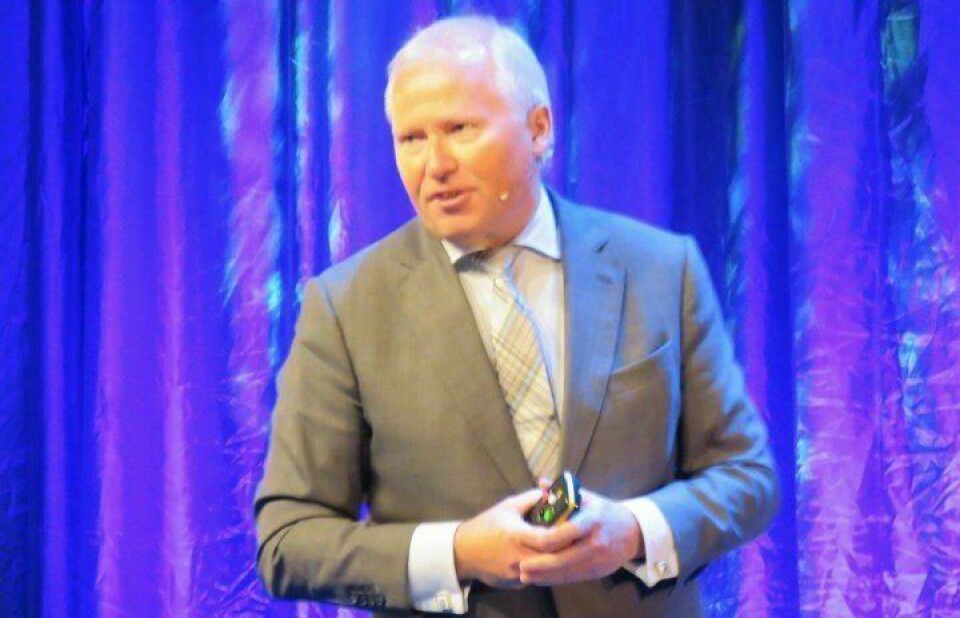
Feed chief: Future depends on innovation licences
Knut Nesse, chief executive of feed producer Nutreco, has emphasised the importance of innovation to cope with the growth of salmon farming during a speech at Aquavision 2018 in Stavanger, Norway.
After the mayor of Stavanger, Christine Sagen-Helgö, had spoken about how after the oil slump of 2014 the city became the largest salmon producing region - producing 73,000 tonnes - Nesse welcomed and expounded on resuming the “blue revolution”.
The mission of Nutreco, which is running the conference, is “to feed the future”. Nesse said that the values that represent the company are built around innovation, mainly with collaboration, and this is not only built in the company, “but through the entire value chain to solve the greater challenges”.
Licences
The Nutreco chief emphasised that the future of aquaculture will depend on Norway’s innovation licences, and presented as examples of two semi-closed farming projects: Seafarming Systems and the Roxel Aqua AS.
“Innovation licences arise from the need to have sustainable growth, hence the need for so many research projects. In the next three years there will be a change where collaboration and technology will contribute to the blue revolution,” he said.
Development
As for Nutreco’s aquafeed brand Skretting and the salmon industry, the executive said that estimates project a growth of salmon farming by 3.4% by 2020, bringing innumerable challenges.
“Until 2012 the salmon industry grew at a rate of 6%, today it does so at 1.4% and it is expected that by 2020 this growth will reach 3.4%,” he said.
As examples of progress the Global Salmon Initiative (GSI), the Seafood Business for Ocean Stewardship (Seabos), the Aquaculture Steward Council (ASC) certification, the Sustainable Shrimp Association (SSP) and the Pincoy project.
On the latest initiative, which aims to reduce by 50% the use of antibiotics in the culture of salmonids, Nesse hopes that this alliance between seven companies in Chile, “is a contribution to the sustainable growth of the activity in Chile and will also serve to increase animal health and welfare”.
Ronald Barlow, general manager of Skretting Chile, told Salmonexpert that the central message of the 2018 edition of AquaVision is to resume the commitment to the “blue revolution idea forged 15 years ago” and that the feeling was that the industry had not yet fully lived up to the promise of that time.
“We are going in the right direction but we must accelerate,” he said.
Barlow explained that the focus of Skretting in Chile will continue to be on the development of energy, better use of nutrients at the intestinal level and health.
“We know that we will never replace a drug with nutrition, but we believe that we can be an important part of the solution,” he added.
Barlow also referred to the opening of Skretting's innovation centre in Chile, to be held in 2018.
“It is an initiative that is in line with the commitment to the industry in Chile, the focus of the research will be on nutrition and replacement raw material,” he said.



































